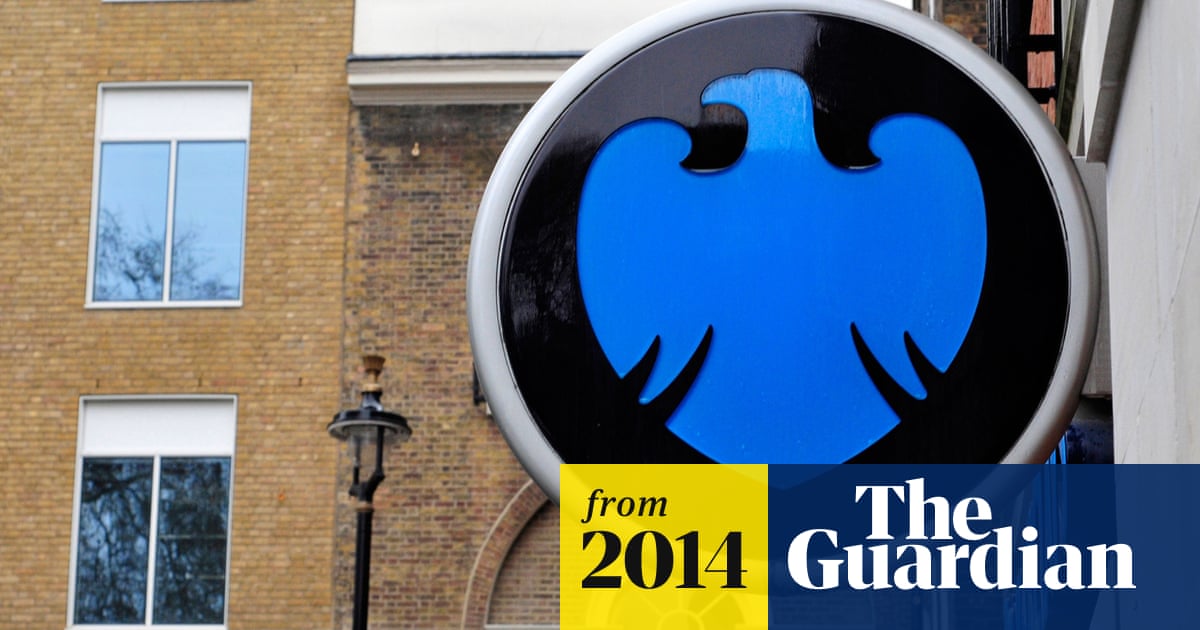lest we forget these corporate gangsters and the billions of tax free loot they make rigging their own forex casino [no one could possibly want the amount they trade - it is at least fifty times annual world trade in everything] they treat penalties [fines etc] as legitimate business expenses against the shareholders imv this is theft, the fines should come from the bonus funds eh ....
the crash
PPI
LIBOR
FOREX
what other ways have they of funding the Tories?
by the by the Giant Vampire Squid puts them all to shame:
Trading in foreign exchange markets averaged $5.3 trillion per day in April 2013. This is up from $4.0 trillion in April 2010 and $3.3 trillion in April 2007. FX swaps were the most actively traded instruments in April 2013, at $2.2 trillion per day, followed by spot trading at $2.0 trillion. The growth of foreign exchange trading was driven by financial institutions other than reporting dealers. The 2013 survey collected a finer sectoral breakdown of these other institutions for the first time. Smaller banks (not participating in the survey as reporting dealers) accoun ted for 24% of turnover, institutional investors such as pension funds and insurance companies 11%, and hedge funds and proprietary trading firms another 11%. Trading with non-financial customers, mainly corporations, contracted between the 2010 and 2013 surveys, reducing
their share of global turnover to only 9%.
The US dollar remained the dominant vehicle currency; it was on one side of 87% of all trades in April 2013. The euro was the second most traded currency, but its share fell to
33% in April 2013 from 39% in April 2010. The turnover of the Japanese yen increased significantly between the 2010 and 2013 surveys. So too did that of several emerging
market currencies, and the Mexican peso and Chinese renminbi entered the list of the top 10 most traded currencies. Methodological changes in the 2013
survey ensured more complete coverage of activity in emerging market currencies.
Trading is increasingly concentrated in the largest financial centres. In April 2013, sales desks in the United Kingdom, the United States, Singapore and Japan intermediated 71% of foreign exchange trading, whereas in April 2010 their combined share was 66%.
Bank for International Settlement Triennial Survey
their share of global turnover to only 9%.
The US dollar remained the dominant vehicle currency; it was on one side of 87% of all trades in April 2013. The euro was the second most traded currency, but its share fell to
33% in April 2013 from 39% in April 2010. The turnover of the Japanese yen increased significantly between the 2010 and 2013 surveys. So too did that of several emerging
market currencies, and the Mexican peso and Chinese renminbi entered the list of the top 10 most traded currencies. Methodological changes in the 2013
survey ensured more complete coverage of activity in emerging market currencies.
Trading is increasingly concentrated in the largest financial centres. In April 2013, sales desks in the United Kingdom, the United States, Singapore and Japan intermediated 71% of foreign exchange trading, whereas in April 2010 their combined share was 66%.
Bank for International Settlement Triennial Survey
the crash
PPI
LIBOR
FOREX
what other ways have they of funding the Tories?
by the by the Giant Vampire Squid puts them all to shame:


Comment